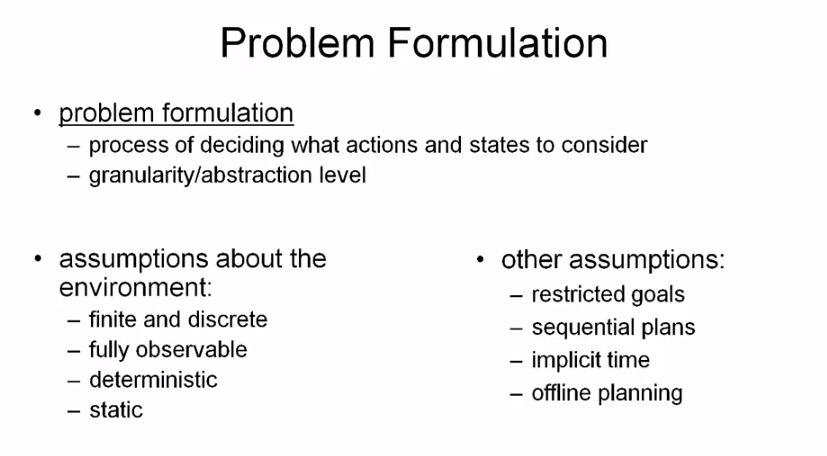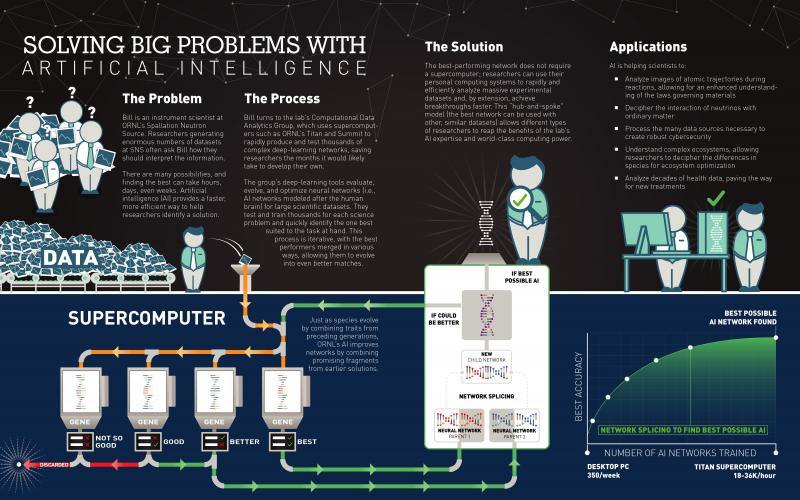

You just need to understand that AI-powered technology has the revolutionary ability to learn and improve on its own. You don't need to know every term to be successful with AI. Some AI technologies you might hear about are: machine learning, computer vision, natural language generation (NLG), natural language processing (NLP), deep learning, neural networks, and speech recognition.

It's an umbrella term that encompasses a range of smart technologies like these that can learn and improve on their own. Every time you talk to them, they learn to improve the quality of their responses. Siri and Alexa use AI to understand voice commands, and predict what responses make the most sense. Every mile they drive gives them more data to improve their driving abilities. Self-driving cars use AI to detect obstacles and drive safely. Every time you (and millions of others) use this feature, you train the AI to get better and better at predictive text. Gmail and Google Docs use AI to understand what you're typing, then predict what you want to type next. Whether you know it or not, you use AI dozens or hundreds of times each day.

The more data you give an AI system, the better it's able to learn and improve. Once trained by humans, AI can go learn and improve on its own. It can then learn from its outcomes to make better and better predictions over time. Unlike traditional technology, AI can actually detect patterns in data, then learn to make predictions from those patterns. That's because AI allows machines to learn. Machines are able to do all of these things thanks to AI. Tasks like: read, write, and understand text see and identify objects move around obstacles hear and understand language and sense the external environment. That means making machines that can do intellectual tasks that humans can do. He says:ĪI is the "science of making machines smart." The best definition of AI comes from Demis Hassabis, founder of AI company DeepMind, which was acquired by Google. You don't need to know everything about AI to use it in your advertising -you just need to know these basics. Recommend the best tools for AI advertising, so you can get started with AI.Outline the top use cases for the technology.Help you understand what AI for advertising is-and why you need it.And we're actively tracking thousands of AI marketing and advertising companies with more than $6 billion in combined funding. We've published over 700 articles on AI marketing and advertising. At Marketing AI Institute, we've spent years researching and piloting AI marketing tools-including AI advertising tools. If you're not using AI for digital advertising, you're at a competitive disadvantage. One travel firm even used AI to find customers it didn't know it had.

One industrial equipment supplier is using AI to crush its advertising goals.Ī financial services company is using AI to personalize advertising messages to individual customers at scale. This is producing almost unbelievable results. (In fact, Andrew Ng, who built Google and Baidu's AI systems, cites AI and advertising as a major business opportunity in his famous AI for Everyone course. Advertisers are already using AI to identify and segment audiences, build ad creative, test ads, improve ad performance, and optimize spend-all automatically, in real-time, at scale. Today, AI is quickly becoming the future of advertising. Watson identified which elements of successful ads resonated most with audiences. The company used IBM Watson, an AI system, to analyze 15 years of award-winning car ads. In 2018, Lexus released an advertisement completely scripted by AI. Learn more >Īrtificial intelligence (AI) is reshaping how advertising works in astonishing ways. Our AI in Advertising content is sponsored by AiAdvertising, an AI advertising platform that takes the guesswork out of running ad campaigns.


 0 kommentar(er)
0 kommentar(er)
